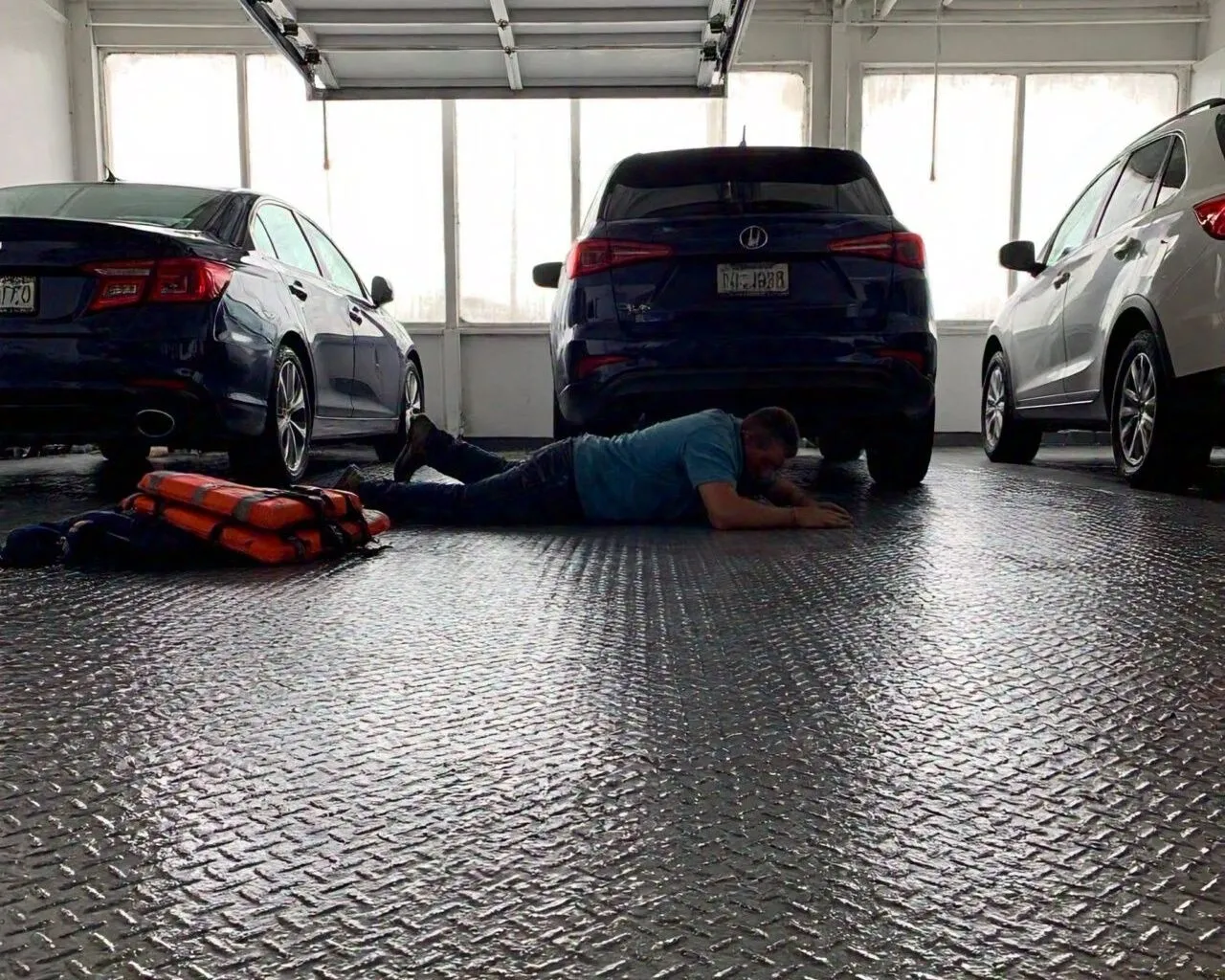Maritime Injury Claims for Falls on Wet Decks
The beaches of California and Florida boast scenic beauty, but offshore, maritime workers face significant hazards. Falls on wet decks are a leading cause of injuries at sea, requiring a skilled maritime injury attorney to protect your rights.
Deck conditions can be treacherous due to water, oil, or other substances. Filing a maritime injury claim requires gathering evidence such as maintenance logs, eyewitness accounts, and medical reports. A knowledgeable attorney ensures you receive compensation for injuries, rehabilitation, and related losses, whether you were injured on a fishing boat, cargo ship, or offshore rig.
Let’s take a detailed look at maritime injury claims for falls on wet decks.
Exploring the Legalities of Maritime Law
Maritime law oversees affairs concerning legal matters and violations at sea. It caters to the challenges and risks of working or moving on water surfaces. When a slip happens on a deck at sea, the law guidelines are used to seek damages for injuries. It establishes responsibility and guarantees restitution for those affected. Understanding this field is crucial for individuals caught in mishaps.
Reasons for Slipping on Wet Decks
Ship decks can become dangerously slippery for several reasons, including weather conditions, liquid spills, or poor maintenance. Rain, waves, and moisture buildup from spills during onboard activities can create wet surfaces, while improper cleaning methods can make the situation worse. These hazards significantly increase the risk of slip-and-fall accidents. Understanding the specific cause of an incident is crucial for building a strong injury claim. Thoroughly investigating the circumstances of the accident helps identify liability and strengthens your case.
Evaluating Responsibility
Deciding who is at fault in accidents at sea can be challenging. When it comes to injury cases involving slips on wet decks, shipowners and crew members alike could share the blame for such incidents due to lapses in safety measures or lack of warning signs about dangers lurking ahead on board a ship’s slippery surface areas. Getting to the bottom of what happened and who should take responsibility for it involves an examination that requires looking into witness statements, keeping tabs on maintenance logs, and seeking insights from experts who can shed light on the matter.
Next Actions Following an Event
After a fall on a ship at sea, it is crucial to take steps that can greatly affect the outcome of your injury claim. It’s important for those affected to promptly seek medical care to establish and treat their injuries. Reporting the accident to the ship’s authorities is also essential, as it helps create official records supporting your claim. Collecting evidence, like photos of the accident scene and witnesses’ contact details, can help bolster your case. These initial actions set the foundation for a successful claim.
Submitting a Claim
When starting a claim for an injury, there are steps to follow. It’s best to speak with a lawyer who specializes in maritime law first. A legal professional can help victims understand the details of the claims process and offer guidance. Then, gathering all the required paperwork, such as records and evidence from the incident, is key. Making sure to file the claim within the specified time limit is essential for moving forward with action. Having a lawyer by your side can simplify navigating through this process.
Agreements
Compensation for injuries sustained at sea can encompass a range of losses, such as bills and lost income, along with emotional distress payments. In maritime injury claims, settlements commonly take into account the extent of harm suffered, the level of fault involved, and other individual case elements. Having skilled legal advocates advocating for victims can notably impact the final compensation figure. Skillfully engaging in negotiations and grasping the various paths to potential compensation enables victims to form practical outlooks.
Steps to Take in Advance
To avoid accidents due to wet decks, it’s important to take steps like regularly maintaining and cleaning the area to reduce slip risks. These include installing anti-slip surfaces and following safety procedures to safeguard both crew and passengers onboard ships. Enhancing safety culture through training programs that raise awareness of hazards and ways to prevent them can make maritime settings safer for everyone.
In Summary
Dealing with injury claims from slips on decks at sea requires a grasp of legal concepts and prompt decision-making. Understanding the law and determining responsibility are crucial steps in seeking compensation after an accident at sea. Collaborating with experts is often beneficial in such situations. Taking measures can lower the chances of accidents, promoting safety for both maritime employees and travelers aboard ships.






